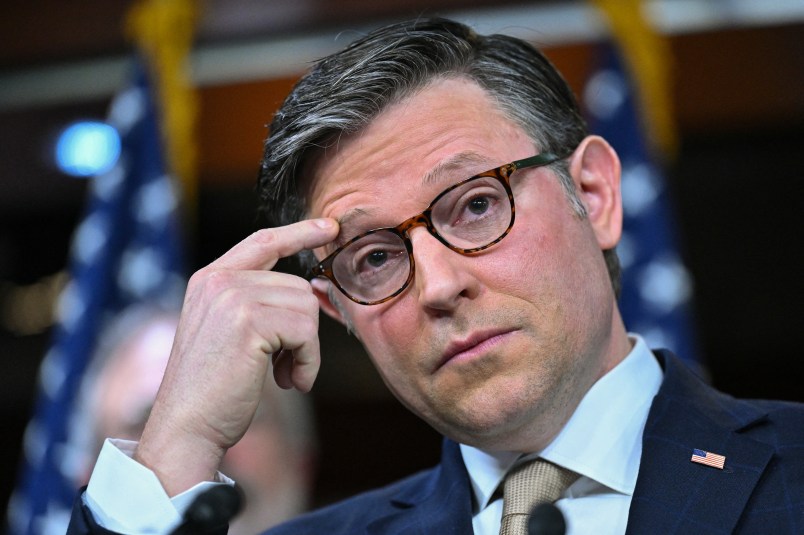Key takeaways:
- The House of Representatives is set to vote on a stopgap funding bill endorsed by former President Donald Trump to prevent a government shutdown, with optimism from Republican leaders despite opposition from Democrats and some internal dissent.
- House Minority Leader Hakeem Jeffries and Democrats plan to vote against the bill, criticizing Republicans for excluding them from its development and arguing it fails to address their concerns, while Republicans urge bipartisan support to keep the government operational.
- Some Republicans, including Representative Thomas Massie, oppose the bill, prompting efforts from the White House and former President Trump to secure votes, highlighting challenges in bipartisan agreements and the uncertain outcome’s impact on government operations and party dynamics.
As the deadline for government funding approaches, the House of Representatives is preparing to vote on a stopgap funding bill that has received the endorsement of former President Donald Trump. The bill aims to prevent a government shutdown at the end of the week. House Speaker Mike Johnson and other Republican leaders have expressed optimism about the bill’s passage, despite opposition from House Democrats and some dissent within their own party.
House Minority Leader Hakeem Jeffries has indicated that Democrats plan to vote against the six-month funding measure, criticizing Republicans for excluding them from the bill’s development process. Democratic leaders have voiced strong opposition to the proposal, arguing that it does not adequately address their concerns. In response, Republican leaders have challenged Democrats to support the bill to avoid a government shutdown, emphasizing the importance of keeping the government operational.
Within the Republican ranks, there are still some lawmakers who have not committed to supporting the bill. Notably, Representative Thomas Massie of Kentucky has publicly declared his intention to vote against the measure. This dissent has prompted a concerted effort by the White House to apply pressure on Republican members to secure their votes. Former President Trump has also been actively involved, using social media to express his disapproval of Massie’s stance and suggesting potential political consequences.
As the House prepares for the vote, the outcome remains uncertain. The decision will have significant implications for government operations and the political dynamics between the two major parties. The situation underscores the ongoing challenges in reaching bipartisan agreements on critical funding issues, with both sides navigating internal and external pressures as they work to avert a government shutdown.



Be First to Comment